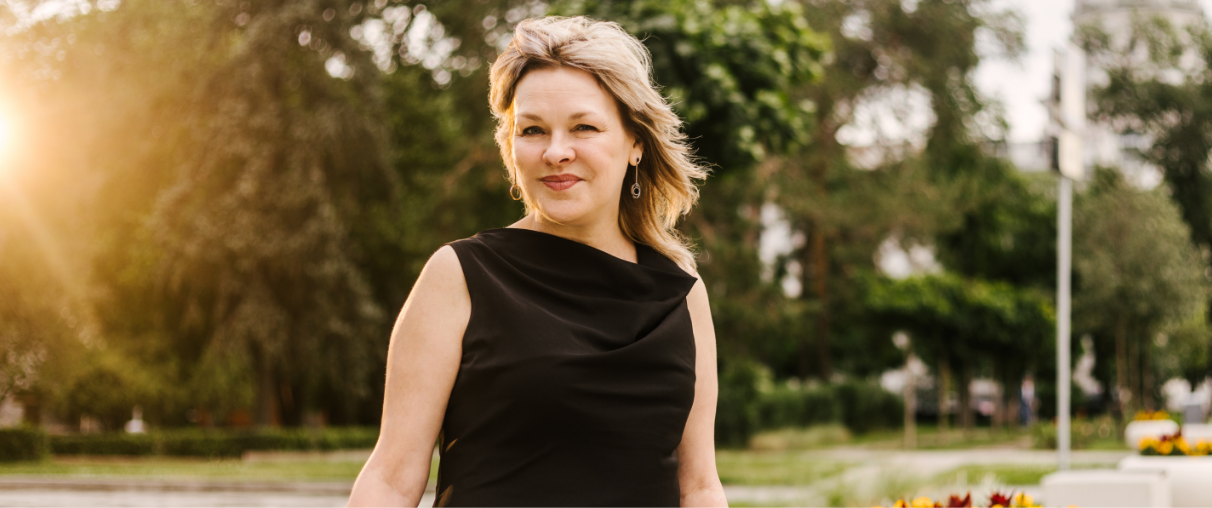Whether providing access to care or raising awareness of HIV, community leaders across Eastern Europe and Central Asia are working to turn the tide of AIDS
In the last decade, rates of new HIV infections have nearly doubled in eastern Europe and central Asia (EECA), while decreasing globally. More than 1.6 million people are living with HIV in Eastern Europe and Central Asia and every day more than 380 people are newly diagnosed.
The figures buck the trend elsewhere in the world and prompted the Joint United Nations Programme on HIV/AIDS (UNAIDS) – the organisation leading efforts to end AIDS by 2030 – to warn this summer that the epidemic in EECA is out of control.
But community leaders of EECA grassroots organisations are optimistic that their work will help put a break on the regional epidemic and move it a step closer to meeting the UNAIDS goal to end HIV as a public health threat in the next nine years.
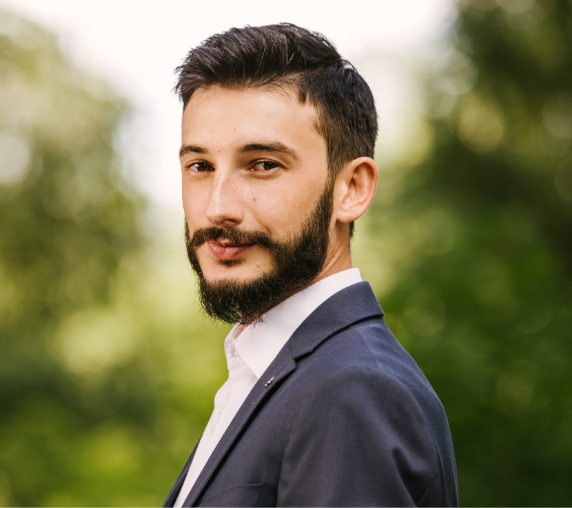
When I see the light in people’s eyes and hear testimonials of appreciation, this bright energy gives us strength to do what we do
The HIV community leaders in EECA are sharing their personal stories to raise awareness about HIV and key challenges fueling the epidemic in the region, in particular the stigma and discrimination associated with HIV and AIDS.
They are all part of the Changemakers campaign launched by RADIAN – a partnership between the Elton John AIDS Foundation and Gilead Sciences, which highlights the work of these inspirational individuals.
Lyubov, a 36-year-old mother and community activist from Kazakhstan, has lived with HIV for 17 years and understands the power of speaking out about her HIV status.
She works and lives in Almaty – RADIAN’s first Model City, a programme that helps fund the development of strategic city-wide HIV services.
Lyubov, who works at an organisation that advocates for the rights of people living locally with HIV, says: “I’m one of the few who feel able to talk openly about my HIV status. I think this can be extremely impactful when we are conducting [HIV awareness] training with doctors, police and the community – it’s very important for them to see a personal example.”
With the help of RADIAN, her organisation has expanded its HIV awareness programme, which includes medical education programmes for clinicians, on both the medical and social aspects of living with HIV and how they affect at-risk groups – men who have sex with men (MSM), sex workers, transgender people and people who use drugs.
The biggest challenge in Almaty – where HIV prevalence among the MSM community has risen by 442% since 2013 – is to reduce the stigma associated with HIV, which is a barrier to at-risk groups accessing testing and other services, according to Svyatoslav, a RADIAN Changemaker and the head of Community Friends, which provides direct care services to people living with HIV in Kazakhstan.
With support from RADIAN, his organisation is using social media to reach more vulnerable communities as part of its wider programme of HIV prevention, testing and care. “When I see the light in people’s eyes and hear testimonials of appreciation, this bright energy gives us strength to do what we do,” he says.
Elena, whose organisation is also supporting people living with HIV in the city, says investment from RADIAN and others is starting to push back the epidemic. “The growth in new infections is decreasing,” says Elena, whose HIV diagnosis 25 years ago was pivotal in her decision to help others in a similar position.
Diagnosing people living with HIV and linking them to treatment and care are the “biggest gaps in the [EECA] region’s treatment efforts”, according to the UNAIDS analysis of the region in its global AIDS update report published in July.
Vera, based in Yekaterinburg, Russia, is hopeful that her organisation is helping to plug that gap. Starting off small-scale, offering peer support to people living with HIV, her organisation now delivers direct services, and runs outreach events alongside HIV prevention exhibitions. And with backing from RADIAN, it has partnered with the local AIDS centre to reach people living with HIV who have fallen out of care and help bring them back to care services.
Vera is optimistic that her organisation will play its part in helping the region of Sverdlovsk, and Russia as a whole, meet the UNAIDS goal. “This has become a lifetime project,” she says. “I feel obligated to do what I do because every life saved matters.”
I feel obligated to do what I do because every life saved matters
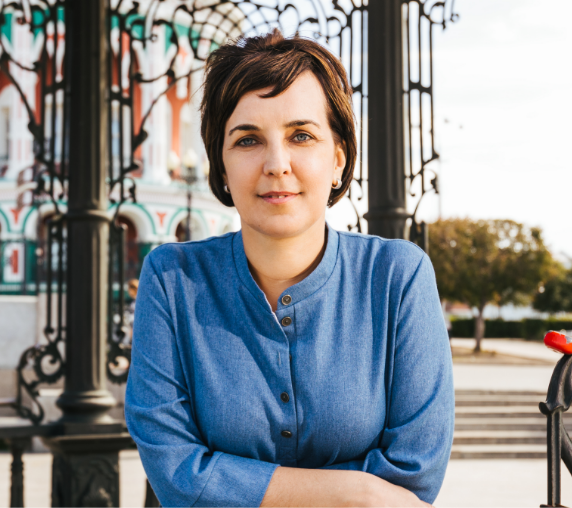
Alexey is also hopeful that change will come for people living with HIV in Russia who use drugs or have recently been released from prison. His organisation, in Chelyabinsk, aims to help many people among key populations to access treatment for the first time or stay in treatment after they leave prison. “This is not an easy task, but we are ambitious,” he says.
Support from RADIAN has helped expand HIV prevention and care services in the region. Alexey’s organisation has also recently introduced on-the-spot and free HIV testing and counselling for people attending emergency or accident departments in hospitals. “Our work has a direct impact,” says Alexey. “The Chelyabinsk region was in fifth place in Russia in terms of HIV prevalence three years ago – today, it is in seventh place … and we have made a small contribution to this.”
One of the most marginalised groups, which is also among those most at risk from HIV, is the trans community. According to the World Health Organization, trans people are 13 times more likely to be living with HIV than the cisgender adult population.
Tony, a social worker who identifies as gender-fluid, is a RADIAN Changemaker using their voice to help this marginalised group in Tbilisi and across Georgia.
Tony co-founded Temida, which is part of Trans* Map, an initiative – supported by RADIAN – which is mobilising communities and generating strategic information to encourage governments to fund sensitive and sustainable HIV services for trans people in EECA. (The asterisk at the end of trans expands the term to include a range of communities and individuals with nonconforming gender identities.)
Temida has set up “leadership schools” to build the skills and knowledge of people in the trans community and to help them access their right to health services. The project is also working with health professionals to help foster care that is tailored and sensitive to the needs of transgender people. “It’s in areas like these where I hope to see much change over the coming 10 years,” says Tony.
Transforming the lives of people living with HIV is what drives these inspirational changemakers – despite all the obstacles.
But the clock is ticking, and altruism alone isn’t enough if EECA and the wider world is to eliminate HIV/AIDS as a public health threat by 2030.
As the HIV epidemic approaches its 41st year, it’s clear that control of the virus is within reach. And it’s the work of these changemakers and others across the globe whose small, but significant steps, will take the world closer to achieving that goal to eliminate HIV/AIDS by 2030.
This article was originally published on theguardian.com as part of the RADIAN and Guardian Labs Changemakers campaign
Read More
-
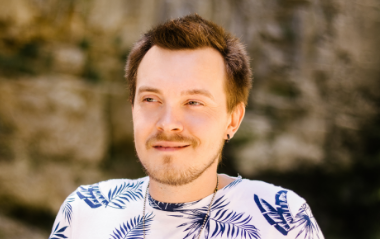
Changemakers
Ending the AIDS epidemic
Reduce discrimination and remove the barriers vulnerable populations face when accessing healthcare in one of the few regions in the world where infections continue to rise.
NEWS at RADIAN - November 2021
-
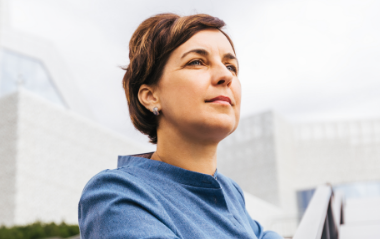
Changemakers
Women living with HIV in EECA
Since being diagnosed with HIV, Vera and Lyubov have been working to create support services to help other people affected by HIV and to end AIDS in their local communities.
NEWS at RADIAN - November 2021
-
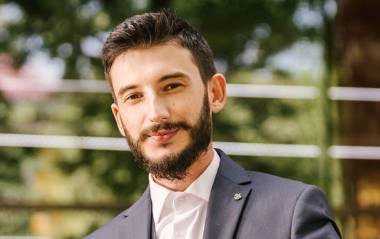
Changemakers
Peer-led activism
Stigma around HIV is still rife, but new programmes are helping people become more aware and speak openly about living with the virus.
NEWS at RADIAN - November 2021



